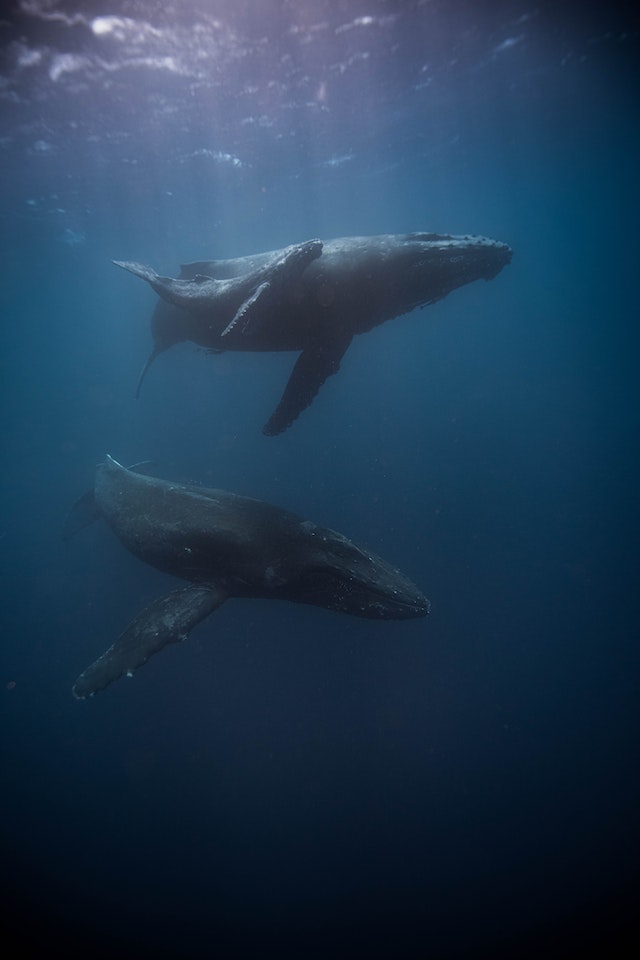The cancer-defying superpower of bowhead whales lies in their remarkable biology and adaptations that protect them from the disease. Let’s delve into the science behind their cancer resistance to better understand their extraordinary abilities:
1. Longevity and Aging: Bowhead whales have an exceptional lifespan, exceeding 200 years. One of the hallmarks of aging is the accumulation of genetic mutations, some of which can lead to cancer development. Bowhead whales have evolved efficient DNA repair mechanisms, ensuring accurate DNA replication and reducing the risk of cancer-causing mutations.
2. DNA Repair: Bowhead whales possess unique DNA repair pathways that are more robust and efficient compared to other mammals, including humans. These repair mechanisms help maintain genome stability, minimize errors, and prevent the accumulation of mutations that could initiate cancer formation.
3. Telomeres and Cell Senescence: Telomeres, protective caps at the ends of chromosomes, play a crucial role in cellular aging and cancer prevention. Bowhead whales have longer telomeres compared to other mammals, which may contribute to their extended lifespan and reduced cancer risk. Longer telomeres help maintain chromosomal integrity and prevent the cellular senescence that can lead to cancer development.
4. Enhanced Immune System: Bowhead whales possess a highly developed and efficient immune system. Their immune cells, such as natural killer cells, are adept at recognizing and eliminating cancer cells. These cells exhibit heightened surveillance and targeted killing abilities, enabling them to detect and destroy abnormal cells before they progress into full-fledged tumors.
5. Anti-tumor Properties: Bowhead whales produce unique proteins and molecules with anti-tumor properties. For instance, they have higher levels of a protein called P53, which acts as a tumor suppressor by regulating cell growth and DNA repair. This heightened expression of tumor-suppressing proteins contributes to their resistance to cancer development.
6. Efficient Energy Metabolism: Bowhead whales possess adaptations in their energy metabolism that minimize the production of reactive oxygen species (ROS), which can cause DNA damage and promote cancer. Their cells are more resistant to oxidative stress, maintaining cellular health and reducing the risk of mutations that could lead to cancer.
Studying the unique biology of bowhead whales provides valuable insights into the mechanisms that underlie their cancer resistance. Scientists are actively exploring these adaptations, identifying key genes, pathways, and molecular mechanisms involved. This research may inspire new therapeutic approaches for cancer prevention and treatment in humans, such as enhancing DNA repair, boosting immune responses, or targeting specific anti-tumor molecules.
However, it’s important to note that while the biology of bowhead whales offers promising avenues for cancer research, translating these findings into practical applications for humans requires further investigation. Nonetheless, by unraveling the science behind their cancer-defying superpower, we gain a deeper understanding of the mechanisms that drive cancer development and discover new possibilities for advancing cancer prevention and treatment strategies.




